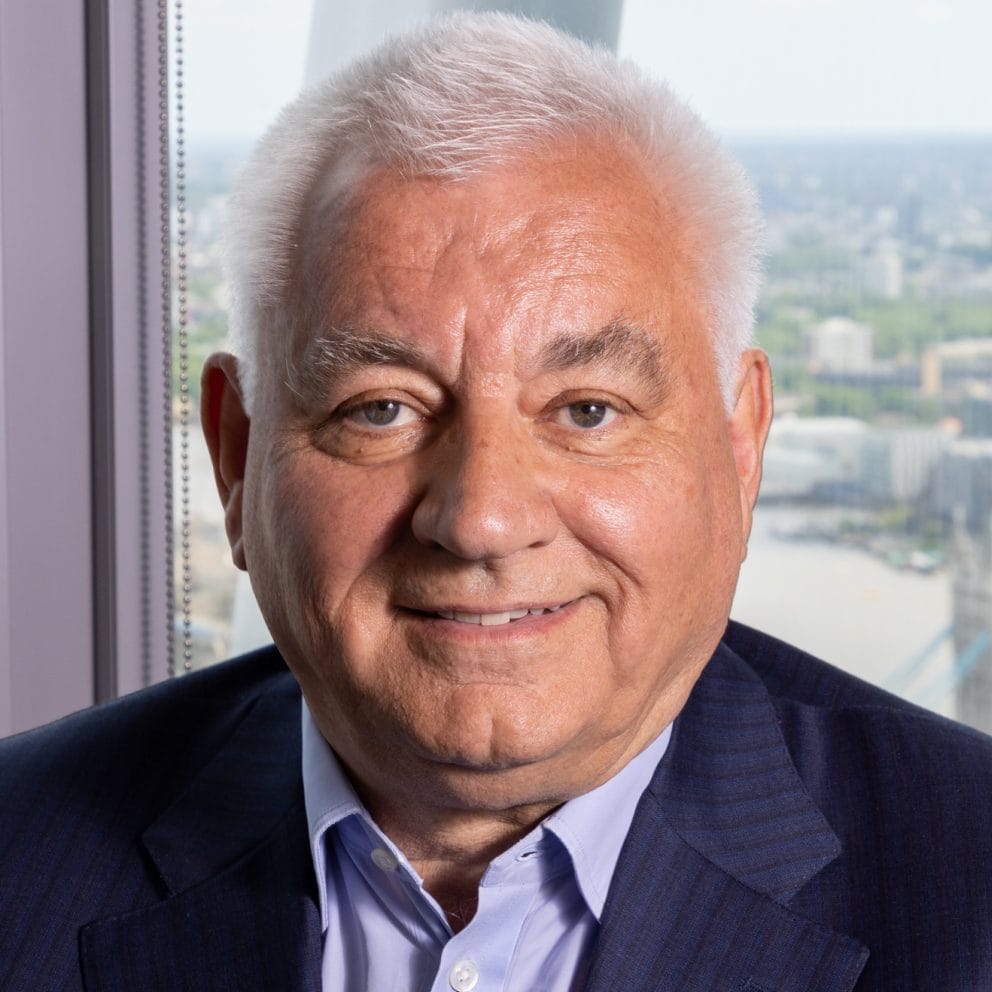
DWF
Feature:
Refresh perspectives
How Browne Jacobson ascended the Social Mobility Foundation’s Employer’s Index
Peppermint Technology discusses better resource management applications
Axel Koelsch discusses common innovation pitfalls and sets out processes to overcome setbacks

Feature:
Refresh perspectives

Opinion:
Don't lose patience with innovation

Opinion:
A dynamic knowledge sharing culture isn’t a nice-to-have

Opinion:
The keys to hybrid working

Industry interview:
An objective requirement

Industry interview:
An objective requirement

Industry case study:
Taking away the bundling pain

Industry interview:
Grow with the flow

Industry interview:
A share of the information

Opinion:
Who really needs to be back in the office?

Opinion:
Managing Know Your Customer information

Industry interview:
Into integration
Well over two years on from the beginning of the Covid-19 pandemic, it can feel as if businesses across the board are still trying to find a stable, sustainable hybrid-working status quo. Indeed, many are struggling to make the case to their people as to why they should come back in at all – hard to argue with in the sunny days of June.
Between rising inflation and the huge starting salaries being offered by US law firms, knowing what kind of working model and career prospect to offer people has become a difficult balancing act – with ramifications for overall strategy.
The cover story for this month’s edition of Briefing sees editor Josh Adcock pepper Sir Nigel Knowles, CEO at DWF, with questions about these and many other issues, including the firm’s overall go-to-market strategy. Not to spoil the article itself, he’s of the opinion that firms will only create a sustainable value proposition for legal talent by offering more than money and long hours.
While we’re considering the importance of people-centric thinking for law firms, take a look at this month’s Brain Training, which focuses on Browne Jacobson’s path to the number-one spot on the Social Mobility Foundation’s Employer’s Index. Caroline Green and Tom Lyas explain the steps taken to become the first law firm to achieve such a socially positive feat.
And we also have opinion on the necessity of fostering a culture devoted to knowledge sharing from White & Case, the importance of incentivising staff back to the office from Pinsent Masons, and thoughts on overcoming innovation malaise from Stephenson Harwood.
Plus, there’s insight and analysis from LexisNexis considering ways to nurture high performance, Williams Lea questions who really needs to be back in the office, FileTrail looks at the challenges of managing Know Your Customer information, and NetDocuments looks at legal talent’s flexible working requirements.
As per, we’re also serving up interviews and case studies this month, starting with the ins and outs of Peppermint Technology’s new work management application, Howard Kennedy explains its use of Bundledocs, and Legl’s CEO Julia Salasky talks digitalisation.
It’s not over yet – we also have Coveo’s Ben Wild discussing clients’ digital expectations, Aderant’s Chris Cartrett sends a clear message around automation, and on a similar topic read on to learn how TLT has been integrating Clarilis’ workflows into its client relationships.
Taking on the challenge of re-writing a global law firm’s strategy in the middle of a pandemic may seem daunting to many leaders, but for former DLA Piper chief Sir Nigel Knowles it was all the excuse needed to get back in the legal saddle. Josh Adcock hears his thoughts on taking the helm at DWF and meeting the Big Four on their own terms.
Resource allocation is an area that law firms can improve upon, both when it comes to efficiency and diversity and inclusion measures. Fortunately, there’s a new application for that purpose, say Rich Mephan, director of research and innovation, and Charlotte Love, product manager, at Peppermint Technology.
It pays to consider how to get the best out of people in law firms, though focusing purely on utilisation may be missing the optimal method for leading achievement-hungry, yet very human, legal professionals. Mark Smith, director of strategic markets at LexisNexis, offers three questions for leadership to coax the best from their people.




